Keywords: France
There are more than 200 results, only the first 200 are displayed here.
-

ARTS AND CULTURE
- Jena Woodhouse
- 17 November 2015
3 Comments
Lone men stand at street corners, look on with apathetic eyes, shabby men from everywhere and nowhere, and beyond. Their tattered, mud-stained tents are massed beneath the overpass, misshapen globes the varicose, bruised colour of unhealthy veins. They make me think of tulip bulbs, caught between the seasons' change - too late for summer's plenitude, too early for the spring.
READ MORE 
-
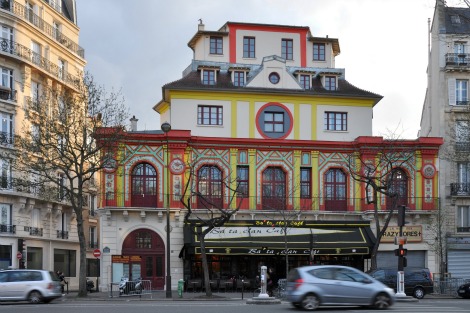
INTERNATIONAL
- Bronwyn Lay
- 16 November 2015
16 Comments
As I marched for Remembrance Day in our small village in France, I wondered, 'How long will these villages keep these ceremonies? When will someone decide these wars are too long ago or too far away?' Two days later, Paris was attacked. The news came like war does: sudden and violent. Then came declarations of a state of emergency and the closing of borders. My eldest daughter was over the border in Switzerland without a passport. War starts in increments, in the small ordinary worries of families.
READ MORE 
-
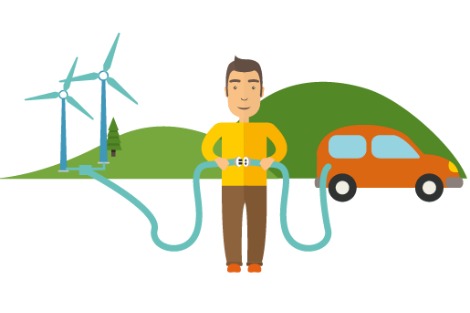
ENVIRONMENT
- Fatima Measham
- 11 November 2015
6 Comments
The UN Climate Change Conference in Paris is set to become the last opportunity for meaningful global action. The signs so far bear optimism, as the impetus for a binding international agreement to tackle the severity and effects of climate change has taken a turn. In order to better understand why, and appreciate the difference that a few years can make, it is worth revisiting why Copenhagen was such a disaster. The most meaningful difference between then and now involves leaders.
READ MORE 
-
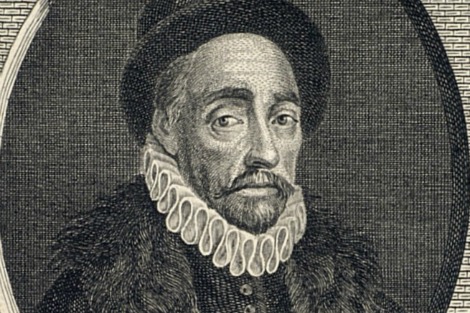
ARTS AND CULTURE
- Patti Miller
- 14 October 2015
13 Comments
I have always felt guilty about an inability to commit to any belief system. So when Montaigne said 'Only fools have made up their mind', I felt an enormous sense of relief. He knew that those who are certain are the ones to shut down newspapers, lop off heads, blow up planes, burn books. There is a thread throughout his essays, too, of him finding sex undignified and therefore unfitting for grown men and women. It is one of his many contradictions and confronts me with my own contradictory attitude.
READ MORE 
-
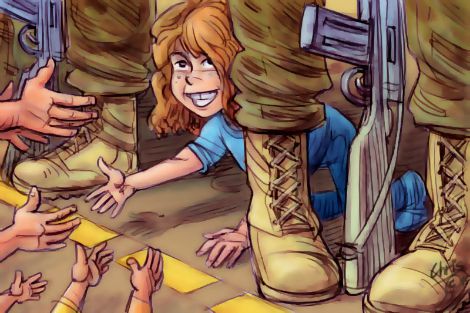
INTERNATIONAL
- Bronwyn Lay
- 28 September 2015
16 Comments
When refugees walked into Europe, away from distant distress sites, their presence made the global issue visceral for Europeans. Australia doesn't have asylum seekers walking en masse through ordinary streets. Our border is one of established hatred. 'Stop the boats' policy denies ordinary Australians their compassionate impulse, and creates a history that our children will face judgement upon. It denies humanity's collective memory after World War II.
READ MORE 
-

ARTS AND CULTURE
- Tim Kroenert
- 13 August 2015
The characters, black and poor, inhabit a world where violence is as an expression both of material want and of dignity. One scene sees Marieme and the members of her all-girls soccer team walking home after dark. The girls are garrulous. But in the shadows of the flats, male voices utter vaguely threatening suggestive remarks. The chatter dissipates to silence as the group dwindles to individuals. It's a quietly harrowing picture of women's too-frequently justified fear of violence from men.
READ MORE 
-

ARTS AND CULTURE
- Jena Woodhouse
- 04 August 2015
5 Comments
A tarnished pomegranate warms the chill niche of the windowsill, mottled like a faded kilim, mellow rose, dull gold; the island in the autumn thrums to lyres of the bourini, the pagan tongues of log fires in the chimneys; ancient ferries plying the Aegean in the winter run the gauntlet of the gales like emissaries of reason. It is the lonely season.
READ MORE 
-
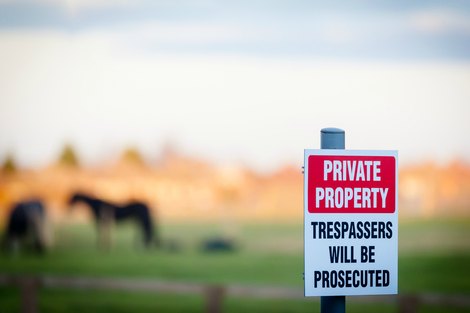
AUSTRALIA
- Samuel Tyrer
- 08 July 2015
11 Comments
Private property rights are one of the few rights expressly protected under the Australian Constitution, but broader societal interests must be taken into consideration. Compulsory acquisition of land for the greater public good has always been a fact of life for property owners. France is currently enacting laws to force supermarkets to give their unsold consumable food 'property' to charities.
READ MORE 
-
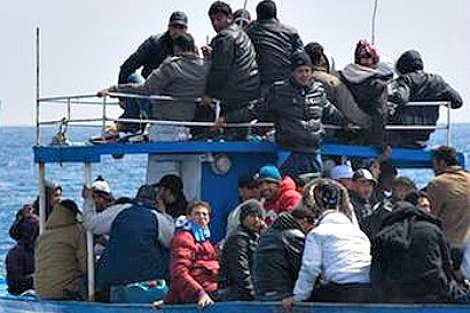
INTERNATIONAL
- Nikolas Feith Tan
- 15 May 2015
11 Comments
Since the drowning of around 800 people on 19 April, politicians in the UK, France, Italy and Denmark have been suggesting that the European Union adopt our hardline asylum policy. Prime Minister Tony Abbott has advised the EU that 'only way you can stop the deaths is in fact to stop the boats'. But last week, the EU denied it was in talks with Australia, saying 'the Australian model can never be a model for us'.
READ MORE 
-

ARTS AND CULTURE
- Tim Kroenert
- 23 April 2015
5 Comments
Vera, a latecomer to the gathering, interjects. She has worked as a nurse, has had her hands warmed by the blood of the maimed and the soon-to-be-dead of both sides of the conflict. She has lost loved ones, too — a brother, a friend, a fiancé — and the grief of their loss will be with her always. But how can violent conflict ever be truly redeemed through the trauma of more violent conflict? The German soldiers who died in the war left behind loved ones, too.
READ MORE 
-
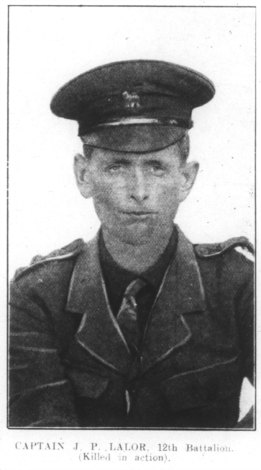
AUSTRALIA
- Peter Lalor Philp
- 22 April 2015
6 Comments
On the first morning of the Gallipoli landing, the 12th Battalion was fighting its way up the steep slopes from the beach below. Reaching the top of the cliff, the Australians discovered their commanding officer Colonel L.F. Clark was dead. Captain Joseph Peter Lalor – the 31 year old grandson of Peter Lalor of Eureka Stockade fame – then took command, but by noon he was also dead.
READ MORE 
-
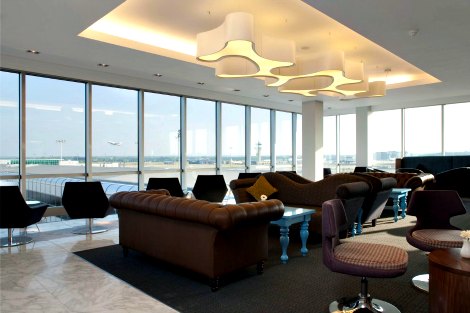
ARTS AND CULTURE
In airport lounges, off to foreign hells... They come and go like fatigued FIFO workers day and night; partners waiting for their safe return, might be the only show. No protest march, no ticker tape parade.
READ MORE 